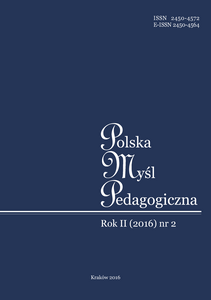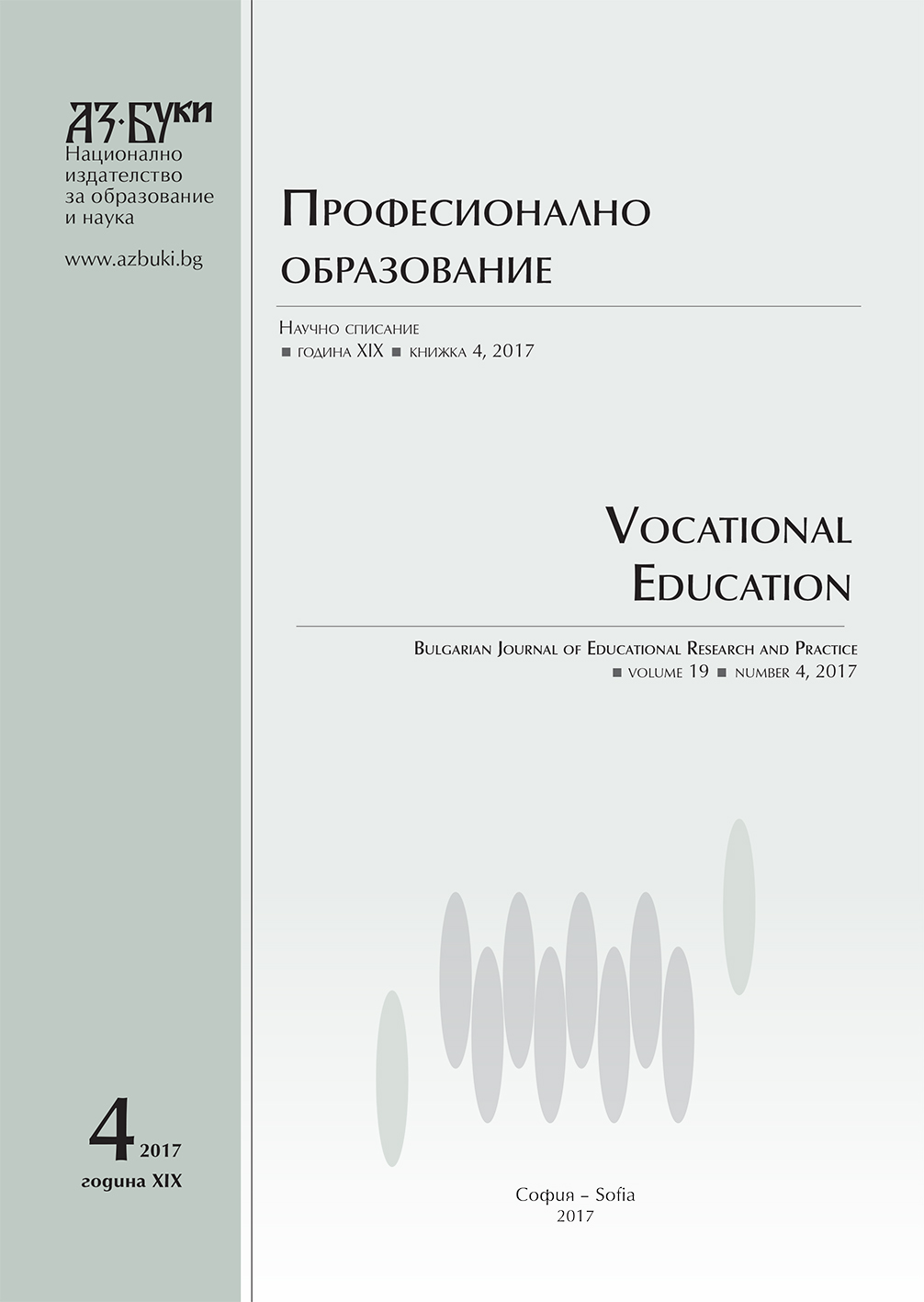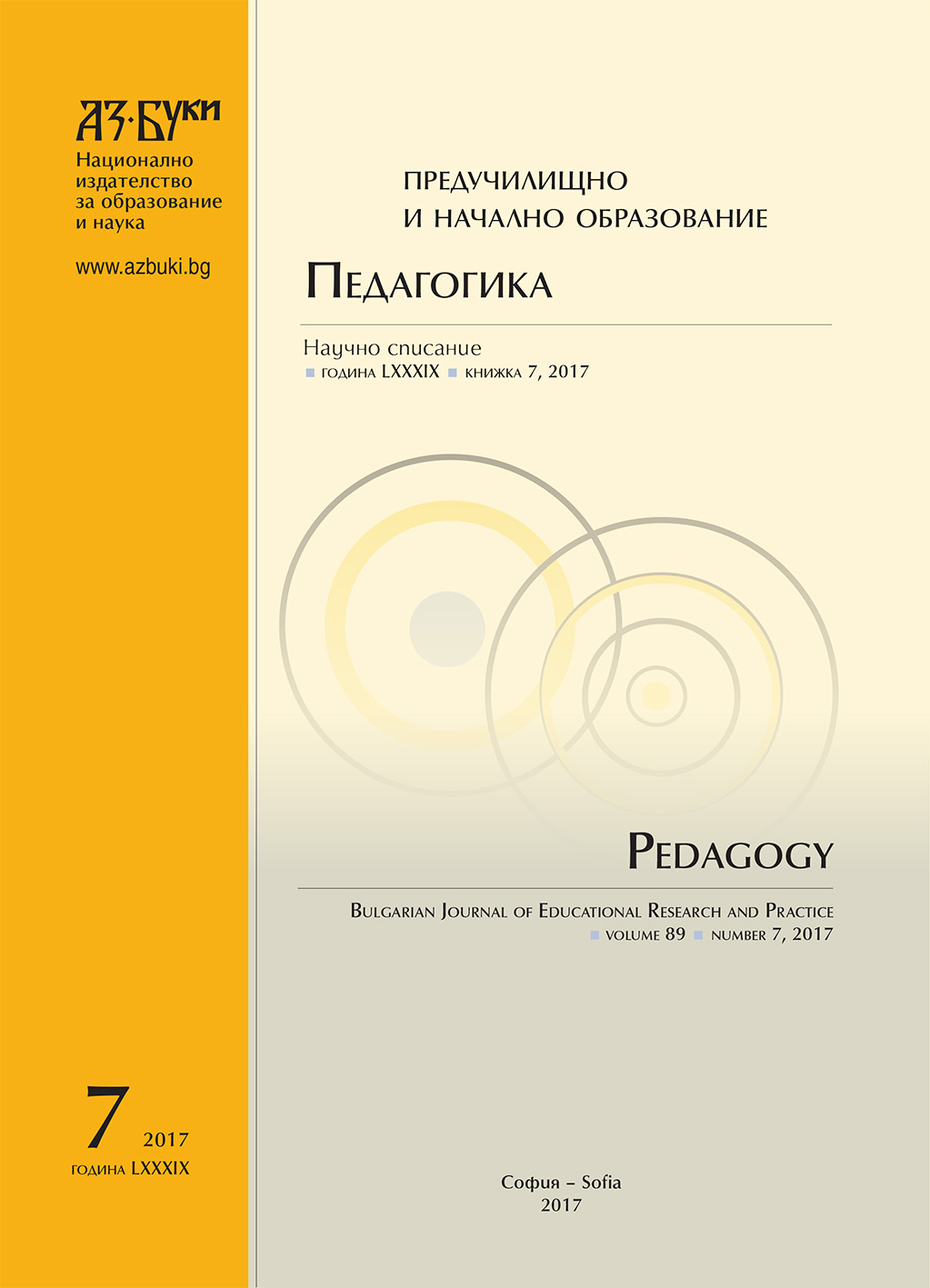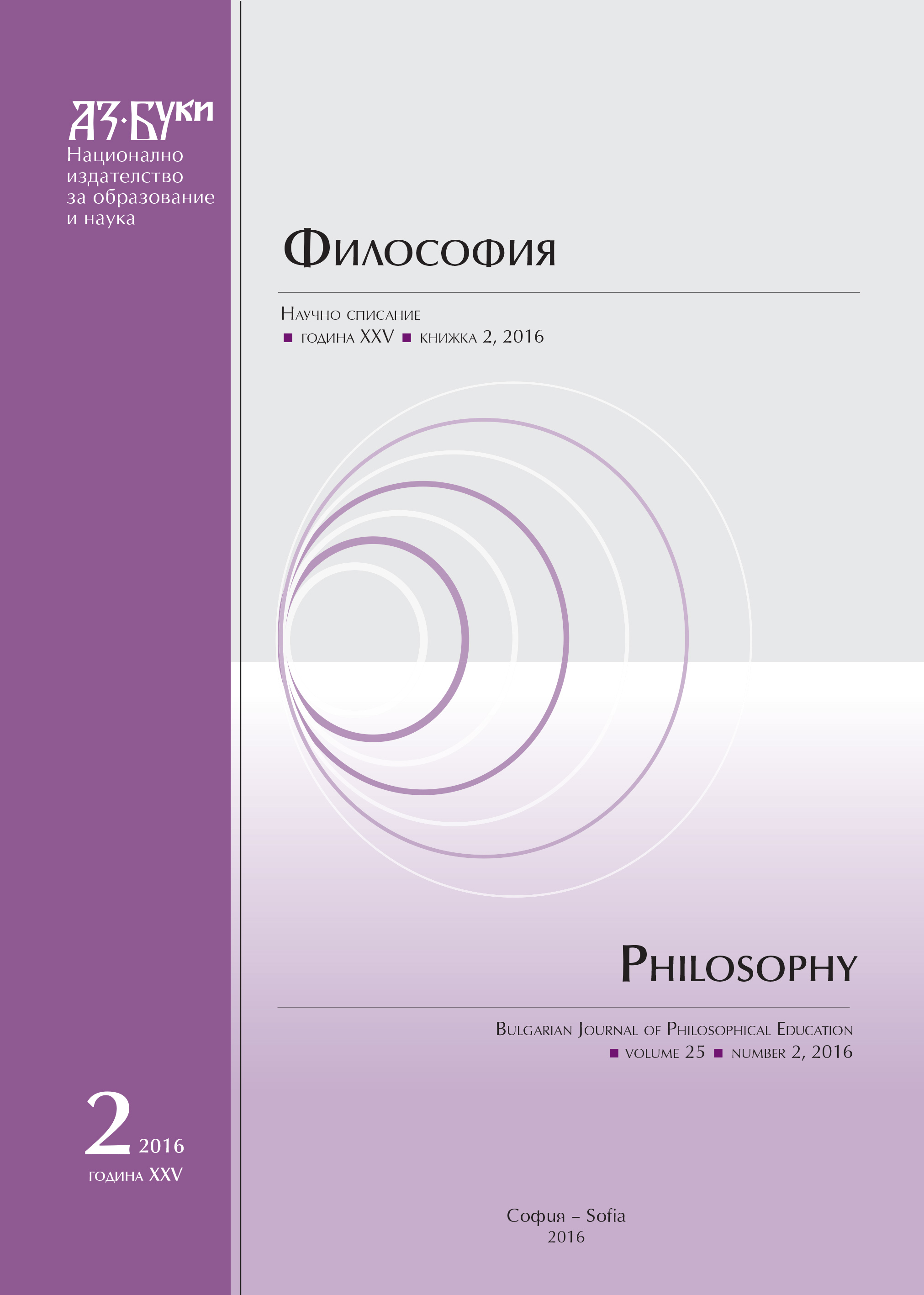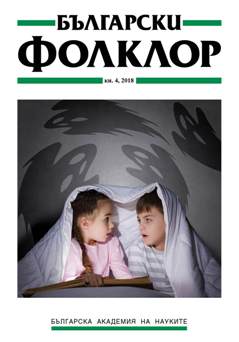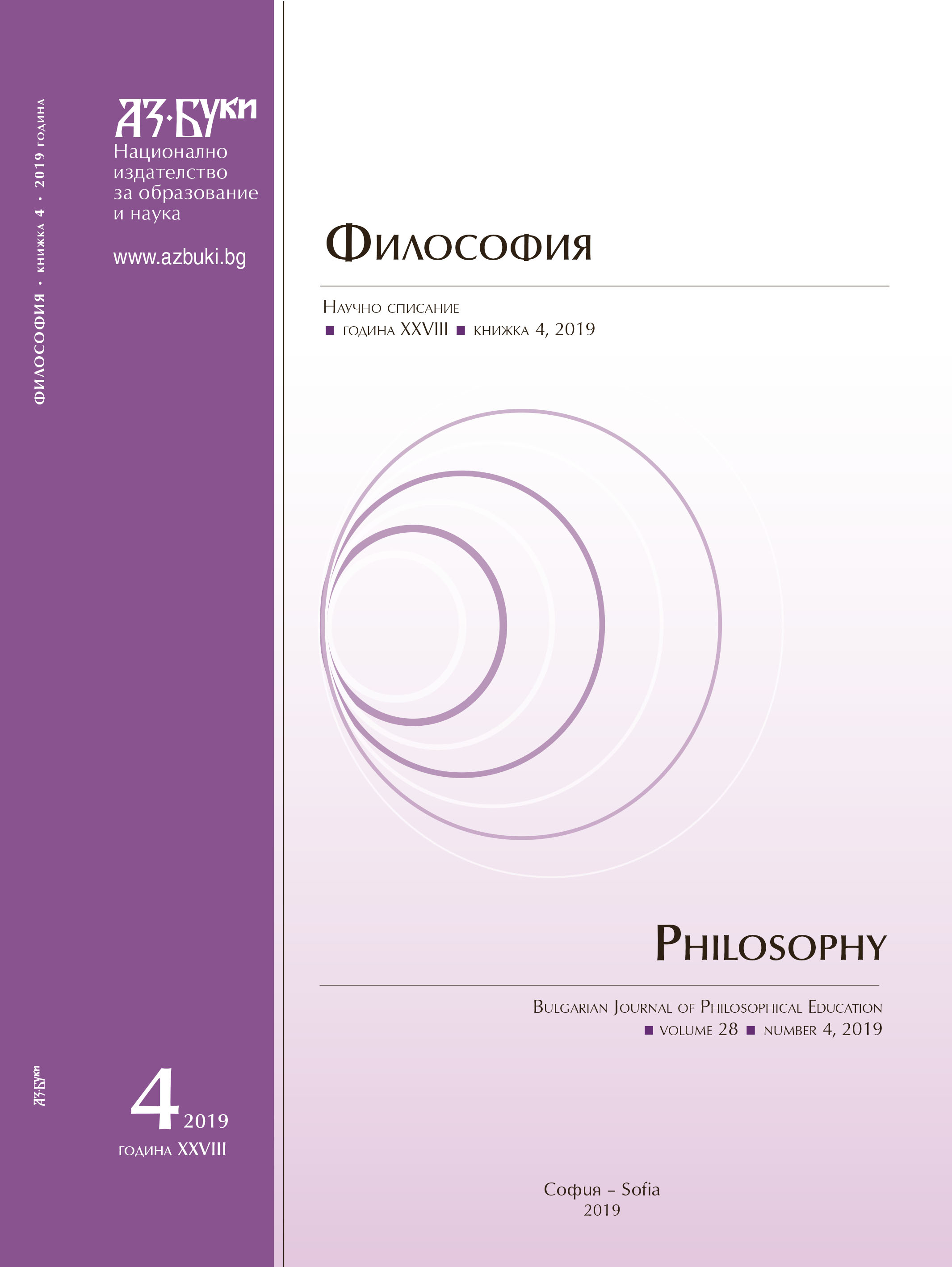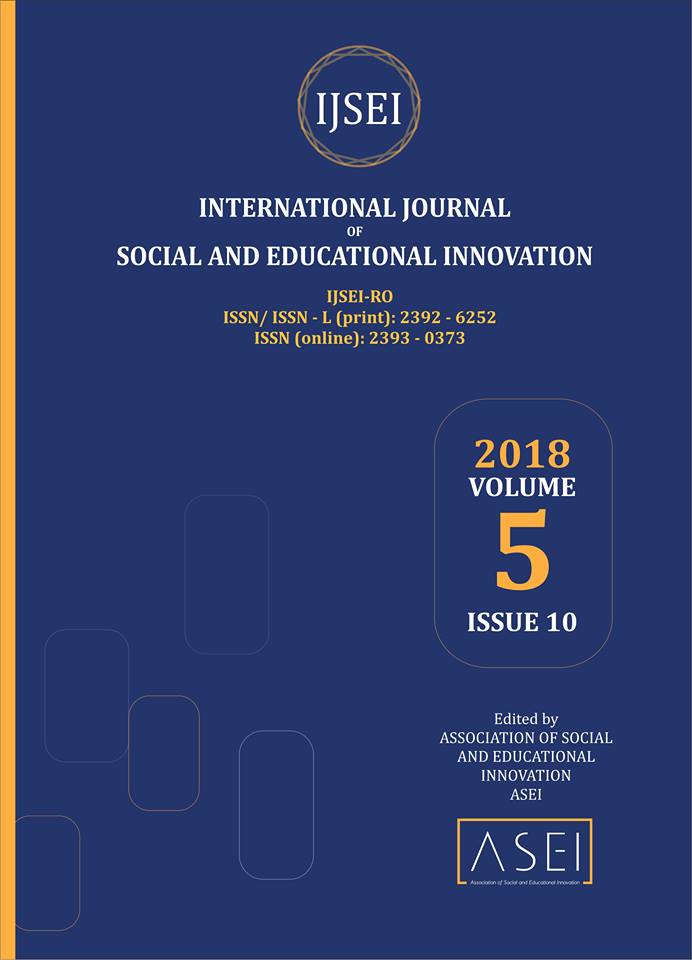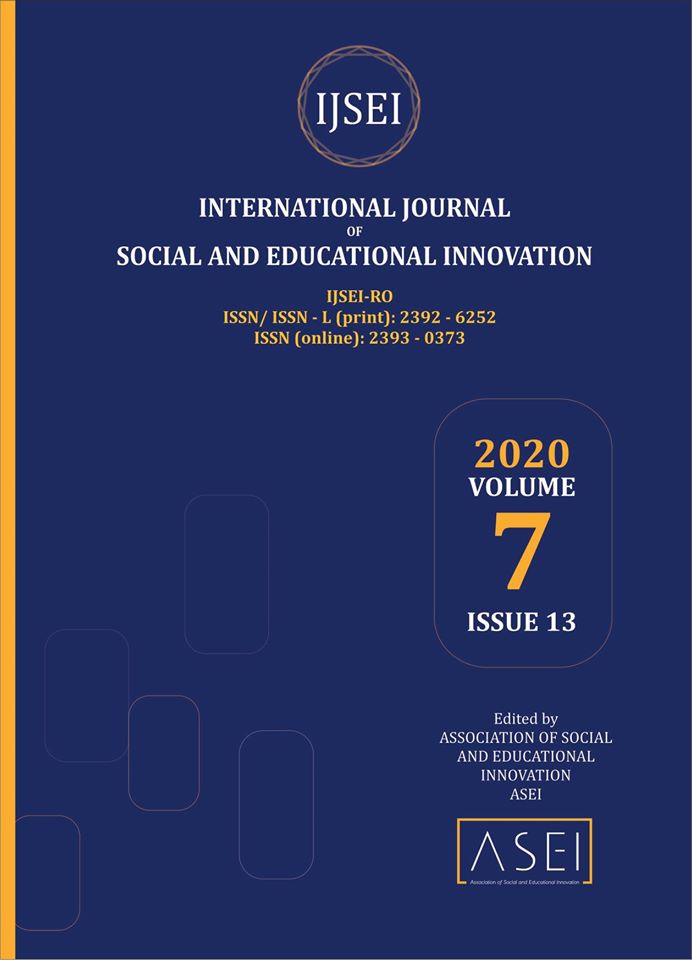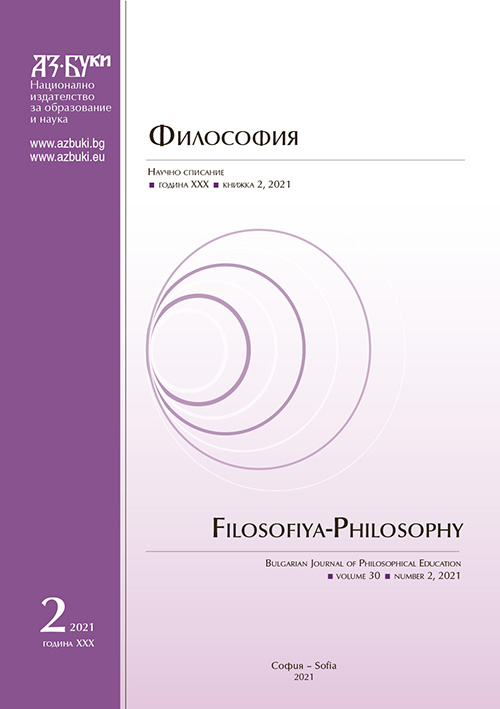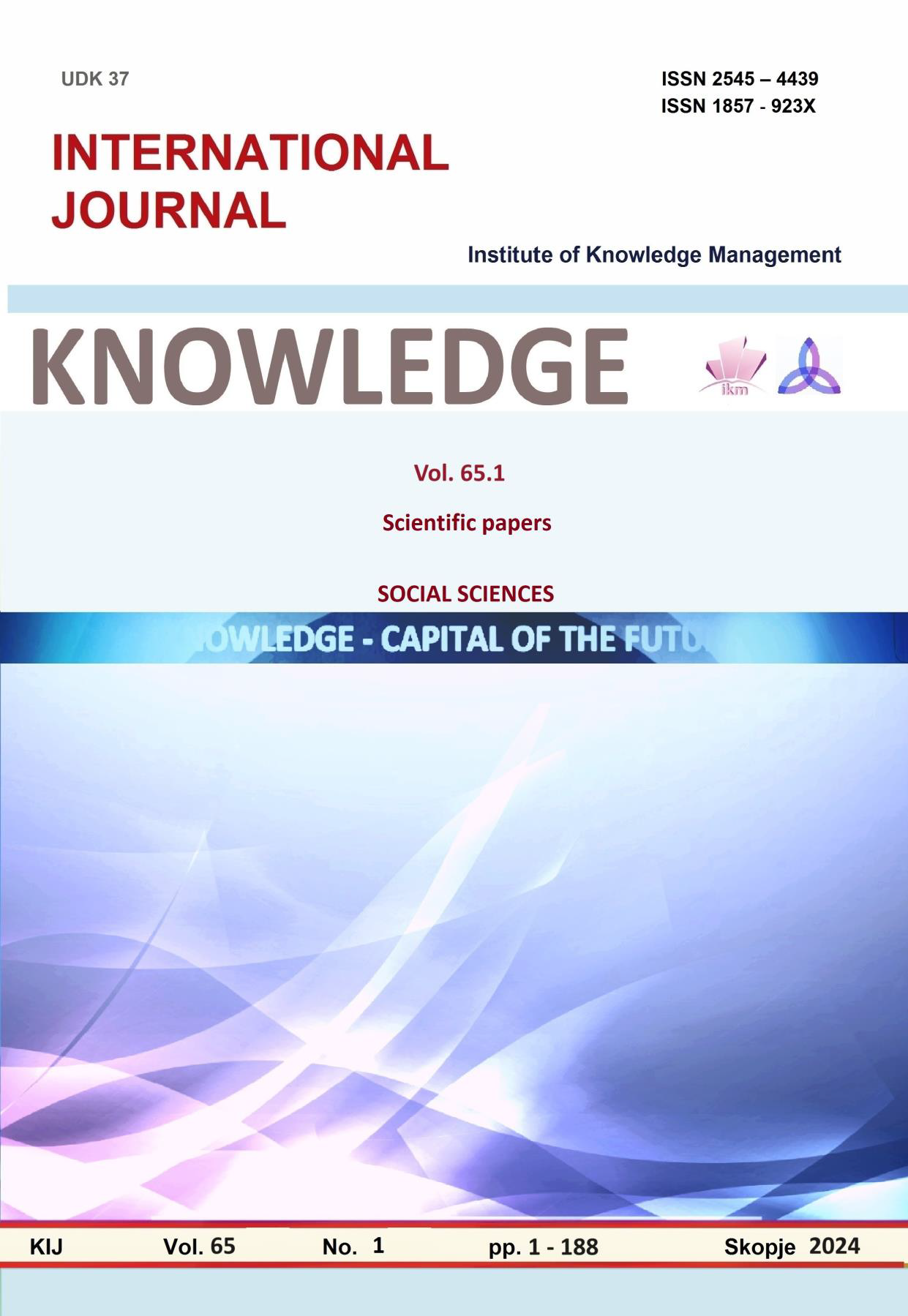Author(s): Athanasia Konstantopoulou / Language(s): English
Issue: 1/2024
The rapid rise of social networks has significantly impacted the media consumption habits of young students, making media literacy a critical educational priority. This paper aims to examine the current state of media literacy among young students and the influence of social networks on their information consumption. It explores the role of educational institutions in fostering media literacy skills and identifies the challenges and opportunities in this area. The study involves a comprehensive review of recent literature, including empirical studies and theoretical analyses, to assess the effectiveness of existing media literacy programs and the impact of social media platforms on students' critical thinking abilities. The literature review focuses on sources from the last five years to provide up-to-date insights into the evolving digital landscape. The findings indicate a significant gap in media literacy education across various educational settings. Many young students demonstrate limited ability to critically evaluate online content, often struggling to differentiate between credible sources and misinformation. The influence of social media algorithms, which prioritize engaging content over factual accuracy, exacerbates this issue, leading to a proliferation of misinformation. Additionally, the study reveals that while some educational institutions have integrated media literacy into their curricula, these efforts are inconsistent and lack comprehensive implementation. There is a noted deficiency in teacher training and resources, further hindering the effectiveness of media literacy education. The paper concludes that media literacy is an essential skill for young students, particularly in the context of the pervasive influence of social networks. However, the current state of media literacy education is inadequate to meet the challenges posed by the digital age. The inconsistency in educational approaches and the lack of standardized curricula leave many students unprepared to navigate the complexities of digital information. This gap highlights the urgent need for a more cohesive and comprehensive approach to media literacy education. To address these challenges, the paper recommends a multi-faceted strategy that involves collaboration between educators, parents, policymakers, and the tech industry. Educational institutions should prioritize the integration of media literacy into core curricula, supported by robust teacher training programs and the development of standardized teaching resources. Parents and caregivers should be encouraged to actively participate in their children's media education, fostering discussions about digital content and critical thinking. Policymakers should advocate for policies that support media literacy education, including funding for educational programs and initiatives that promote digital literacy. Finally, the tech industry should take an active role in promoting media literacy, developing tools that help users identify credible information and reduce the spread of misinformation. Overall, the paper underscores the critical importance of media literacy in empowering young students to navigate the digital world responsibly and critically. It calls for a concerted effort from all stakeholders to enhance media literacy education, ensuring that students are equipped with the skills necessary to become informed and engaged participants in the digital society.
More...
